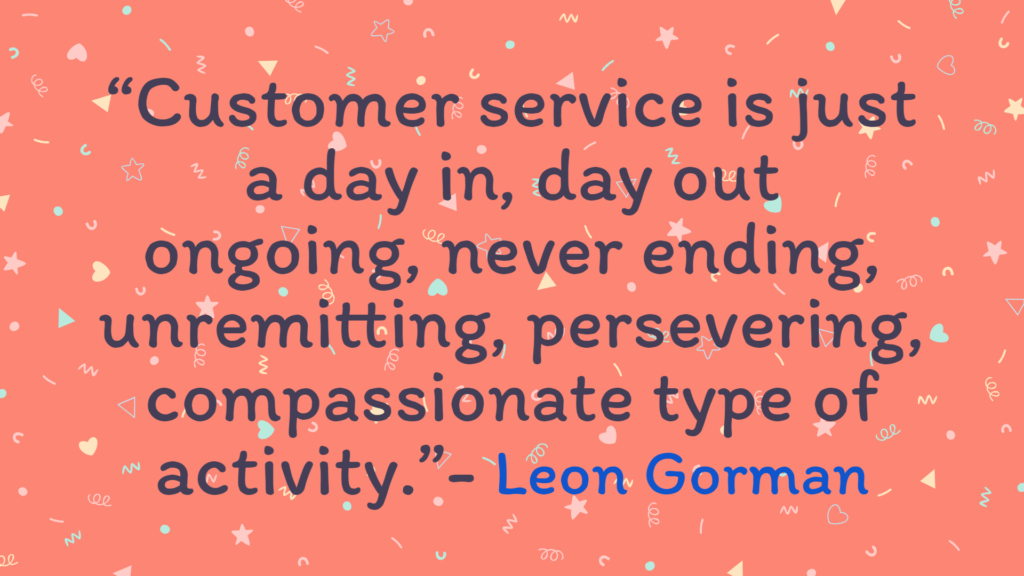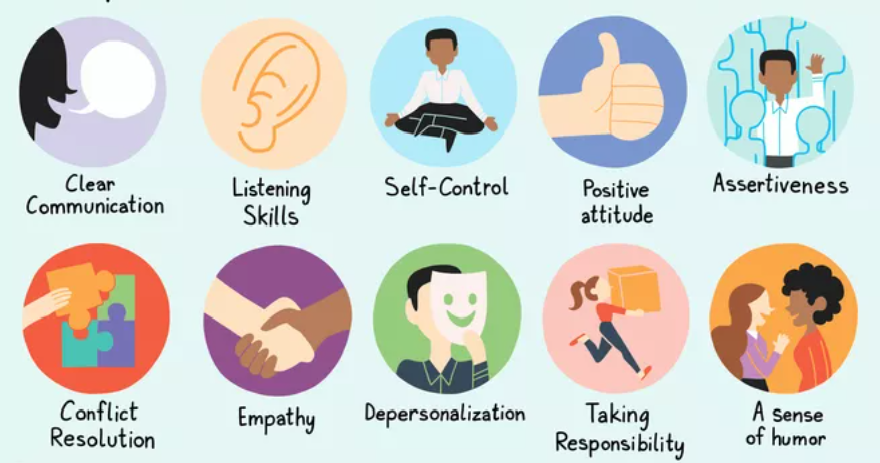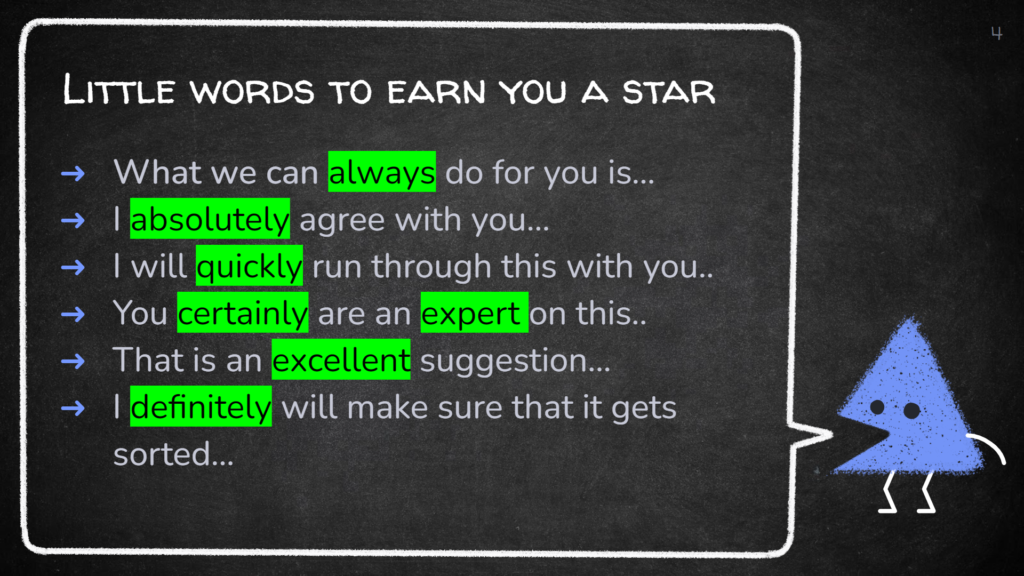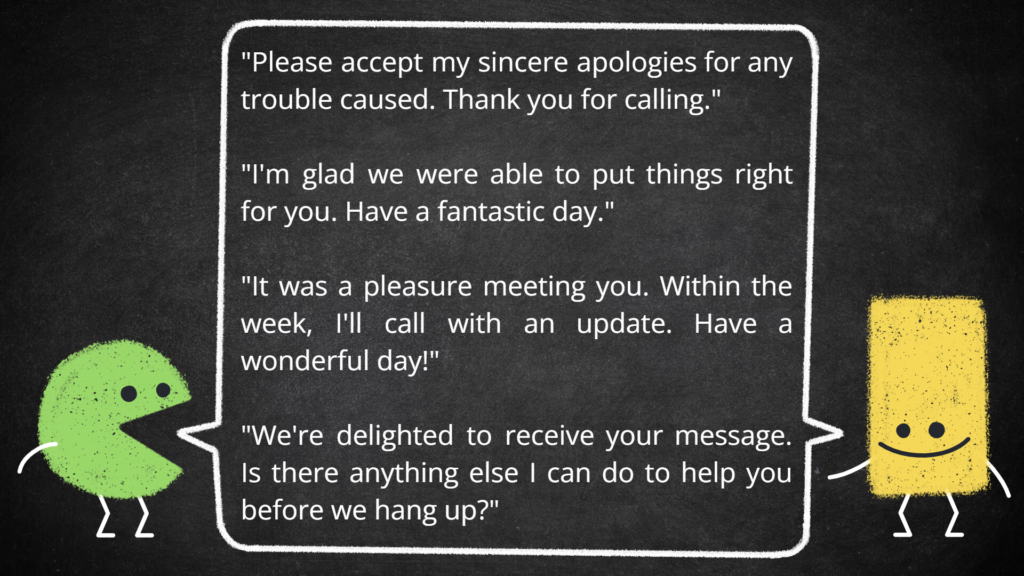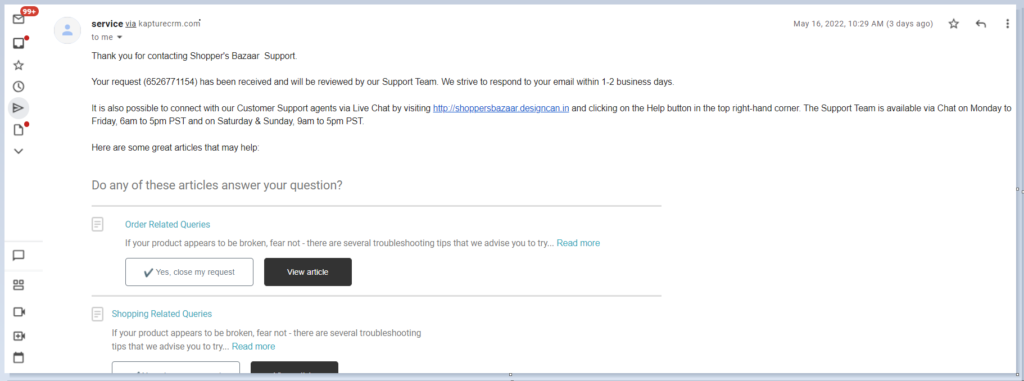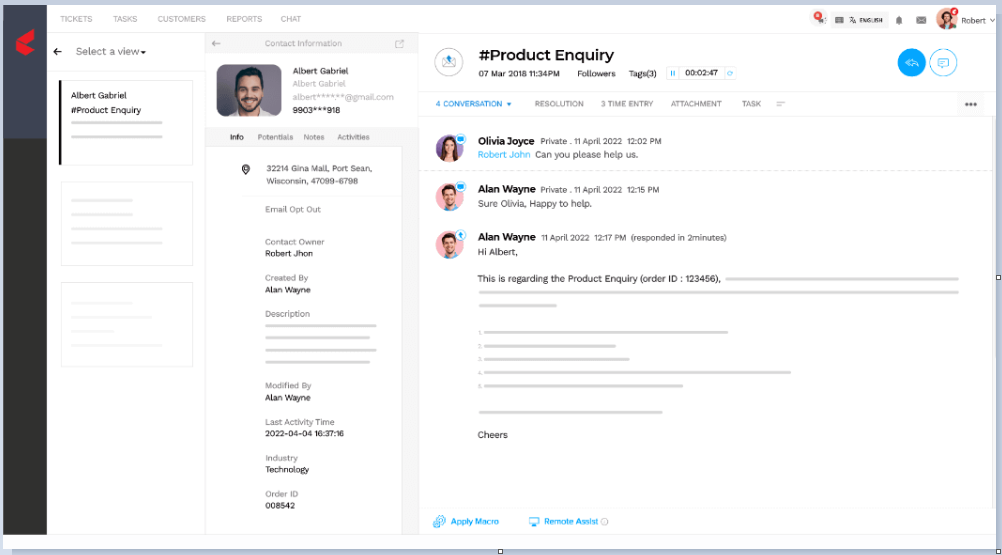As your first point of contact for customers and your company, your call center agents must be professionally skilled at building rapport with your customers.
To win clients over for repeat business, call center agents must follow call etiquette, have a way with words, and access relevant customer data.
Talking about call center etiquette, remember that taking business calls is not the same as addressing personal calls.
Establishing and sustaining a strong connection with your customers requires you to follow effective verbal call center etiquette. It’s because neither party can read body language or nonverbal cues when talking over the phone.
Train call center agents to adhere to the following call etiquette to attract loyal consumers by providing a great experience. As long as you follow the rules below, you can be successful in call center customer service.
20 Tips for Call Center Customer Service Etiquette (Do’s and Don’t’s included)
1. Introduce yourself and your business
- This establishes your credibility and informs the speaker of your identity.
- Keep your introduction brief. “[Your first name] from [your company] here. “How may I assist you?” is ideal for a first introduction.
- Make a conscious effort to pronounce the customer’s name correctly and to use it consistently.
- By this, you are giving them the warmth to start on a positive note.
- CRMs help access customer data (if the customer is a registered one) to gain the required context for personalized conversations with customers.
2. Listen and Comprehend
- Take an interest in the customer’s problem and actively listen to what they have to say.
- As you listen, make efforts to comprehend what they’re saying, which may include reading between the lines or recognizing the context.
- Remember that understanding is the first step toward helping.
- Sound genuine when you ask counter questions.
3. Regard the Power of Notetaking
- Make notes while you listen to customers about what’s essential (any specific dates and figures) during long-winded client explanations.
- This ensures that you have the important points before you move right into problem-solving.
- CRMs let you take notes against the call ticket raised by the customer while you speak to them. This guarantees that critical information is not misplaced, such as on sticky notes or notepads, making it harder to locate.
4. Identify Customer’s Issue
- Listening carefully and taking notes allows you to have a good understanding of the customer’s problem.
- Restate the problem as closely as you have grasped it.
- This ensures that you have fully got a gist of the situation and shows the caller that you have been paying attention.
5. Inform what you are Going to do
- Once you’ve figured out what the customer’s issue is, state explicitly how and when you’ll resolve it. If necessary, describe the third-party intermediary stages and the time involved on their end. Kapture’s contact center management tool has side conversation features that help agents to collaborate with people in other departments or external partners.
- This gives the customer confidence in the problem’s resolution as well as the assurance that the problem will be handled methodically.
- Customers can be reassured further by sending short emails/text messages describing the problem and the steps you plan to take.
6. Speak Clearly and Calmly
- Customers can acknowledge what you speak or feel they have your complete attention only if you speak calmly.
Image: Must-have skills for call-center agents
7. Use the Right Language
- Use of slang and rude words on a personal call may be acceptable, but on a business call, you risk losing customers.
- Always be respectful and avoid making inappropriate jokes.
- Use formal language to eliminate the possibility of offending customers with what you say.
- Ingrain positive words and phrases in your speech, for example:
Absolutely, Certainly, Wonderful, Delighted…
Image: Positive words to transform customer service from average to exceptional
8. Maintain the Right Tone
- Speaking monotonously conveys the sense of boredom.
- Use a cheerful, optimistic tone to encourage clients to reciprocate.
- Maintain a polite tone as well and be courteous throughout the call. To give an instance, you could have problems hearing a caller at times. However, you should never blame their phone or signal. Politeness is essential in this situation. There’s nothing wrong with expressing yourself “I really apologize! Could you repeat that for me because I’m having difficulties hearing you?”
- If you have poor mobile service or are unable to hear, do not hesitate to ask to be disconnected and called back.
- At the same time, project a powerful and confident voice, to gain the customer’s trust.
9. Smile when you Talk
- Our brains can detect a smile from the way we speak! According to research, smiling while speaking on the phone changes your tone of voice, so make sure your agent sounds pleasant while chatting with customers.
- When agents sound glum, it’s much worse over the phone as the customers cannot see the body language.
- On the phone, words and tone are far more significant for effective communication than in a face-to-face conversation.
10. Never Interrupt
- When your customer is speaking to you, never interrupt them, especially if they are upset.
- Train your agents to pay attention to every detail of the customer’s tale, even if it takes more time.
- After the customer has finished speaking and expressed his or her concerns, agents may offer to ask clarifying questions to ensure that they completely understand the customer’s situation.
11. Seek Permission
- Callers like to feel in charge of the conversation.
- Therefore refrain from making demanding statements like “ I need your details” or “ I need to put you on hold”. Instead seek permission to ask, like in “May I take your information?”
12. Admit what you don’t Know
- Be honest and tell customers what you don’t know upfront instead of offering them inaccurate information that wastes everyone’s time and effort.
- However, make sure you don’t leave the customer helpless in this situation. Assure them that getting the right solution is your top priority.
- Use phrases like “That’s a fantastic question!” and “I want to make sure I get the suitable solution for you” to convey that you’re confident in your abilities to assist them.
- Also, Virtual Agents provided by Kapture CRM help minimize the situation of being ignorant about your company’s services, products, prices, locations, and more. Type in a query in the Agent Assistant window and you will be guided to any information you require. A smart way to stay well informed!
13. Remain Patient when Under Pressure
- Do not tell outraged customers to calm down; this is something that people dislike hearing when they have lost their cool. They raise their voices because they are helpless with the situation they are in.
- Agree with them while they go on. Use consoling phrases to support them, for instance, “How dreadful,” “I’m sorry that occurred to you,” and “I entirely understand the inconvenience you’re feeling”.
14. Follow ‘On Hold’ Rules
- Instead of muffling the mouthpiece, press the hold button to communicate with one another. Otherwise, clients may overhear you.
- Before putting consumers on hold, it is courteous to ask their permission. “Would it be okay if I put you on hold for a few seconds?”
- If the response will take some time, give customers the option of being called back or staying on hold.
15. Avoid Background Noise
- It is incredibly distracting and unprofessional to have background noise.
- Avoid using the speakerphone. This will allow both parties to be audible to each other and guarantee that you are paying attention to them.
- If the typical workplace is noisy, having facilities such as a call box or private office space is ideal.
16. Call back/ Respond to Missed Calls
- You may occasionally miss a customer’s call. Therefore, ensure you return all missed calls without fail.
- CRMs log missed calls as a ticket in the inbox.
- Be mindful that any inconvenience to the customer must be apologized for.
17. Adapt to the Nature of the Caller
- Answering customer calls is a ball game as every other call you receive is different from the previous one.
- This needs you to be watchful and prepared to be able to adapt to the type of inquiry you will be dealing with.
- Learn how to deal with customers of all types and temperaments so that you may gain a foothold as soon as you start listening to your customer.
18. End the Call on a Positive Note
- Hanging up the phone hastily will ruin the entire experience.
- Follow these steps just before you end the call:
- Reaffirm/Summarize what you have understood and agreed to do about the problem’s settlement.
- Check if the customer requires any extra assistance.
- Thank the customer for calling you to inform you about the issue.
- Some examples of closing statements are:
Image: Examples of closing statements
19. Get Feedback
- When a customer’s problem has been resolved, call center agents can follow up with them to collect feedback.
- This is a good strategy on your part as your customers will mostly prefer to provide genuine feedback post the resolution of an issue.
- A CRM can be set up to send out automatic survey forms after the end of every customer interaction.
20. Send Acknowledgment Messages
- Sending emails/SMS acknowledging customer calls is a good practice to reinforce your agreed-upon ways to solve customers’ problems.
- CRMs can be configured to deliver automated emails/text messages to customers at various points of the issue resolution process.
Image: Acknowledgement email to customer
- Another great practice is to include and provide links to other relevant self-help material that clients can browse if necessary.
Call Center Etiquette Training
Employees that receive proper call center etiquette training learn how to handle customer calls with confidence. Here’s what you must do in the call center agent etiquette training:
- Train the newbies even though they have prior experience.
- Provide present staff with recurring refresher training.
- Use recorded calls to train staff on how to handle customer inquiries successfully.
- Help your staff identify key areas to improve their communication skills while evaluating calls. For instance,
- Do the call center agents allow for natural pauses in the conversation so the caller may develop their thoughts?
- Do the agents keep up the appropriate level of interest throughout the call?
- Are the reps able to adjust to the customer’s tone of voice?
- Use contact center software such as Kapture to record calls for training purposes, upload courses, provide training access, conduct quizzes, and much more.
Manage Customer Queries with a Contact Center Software
Cloud-based contact center software like Kapture has amazing features to manage customer calls such as:
- Automation of tasks
- Routing queries to available agents (based on skill/department/predefined rule)
- Multi-channel support including social media
- Customer segmentation to aid in offering personalized service
- A central dashboard with Virtual Assistant, Side conversation, Notepad, Reporting, and many more capabilities.
Image: Kapture’s dashboard
While the tips outlined in the blog may seem obvious, every word matters in call center customer service interactions since you can’t afford to leave your brand to chance.
That said, call center agent etiquettes are important because it is the way you connect with the customers and respond to their requests. It is on this account that customers evaluate your brand’s professionalism and commitment to customer service.
About the Author | |
 | Seema C Mohan |
| Seema C Mohan is passionate about all things XaaS and loves to write value-added content. She has been in Business Process Management in the past and has published technology articles in journals. | |
,
,
,
,
,
,
,
,
,
,
,
,
,
